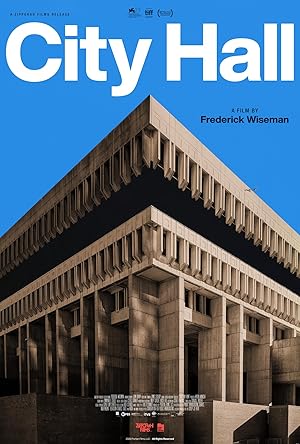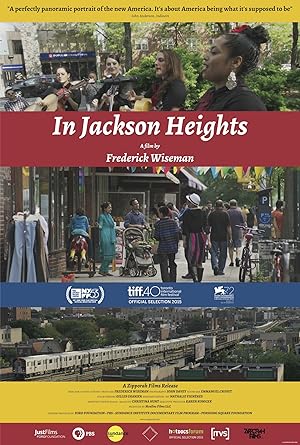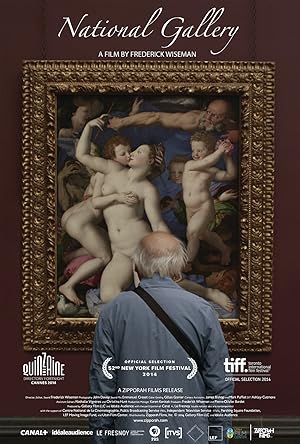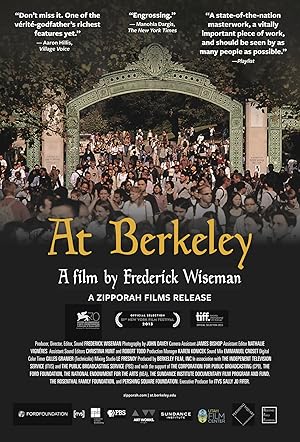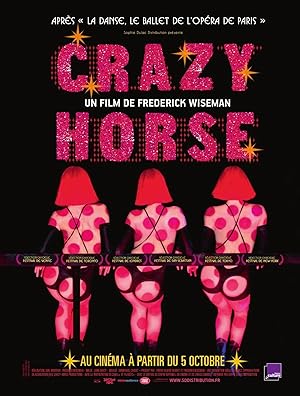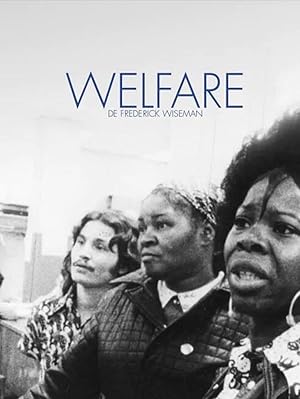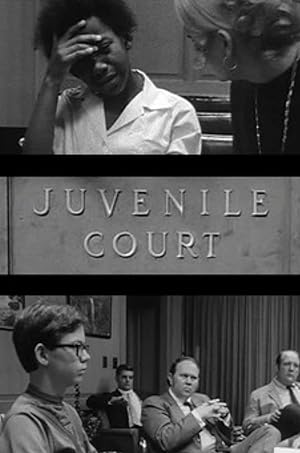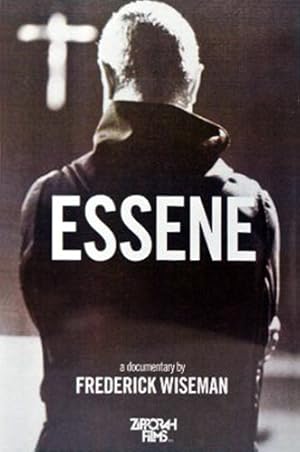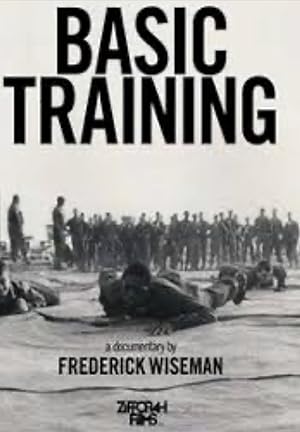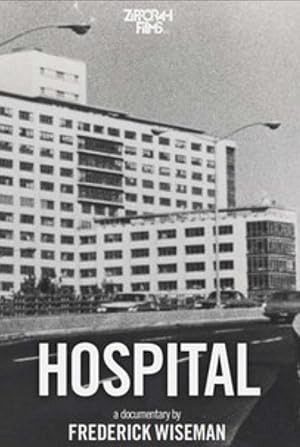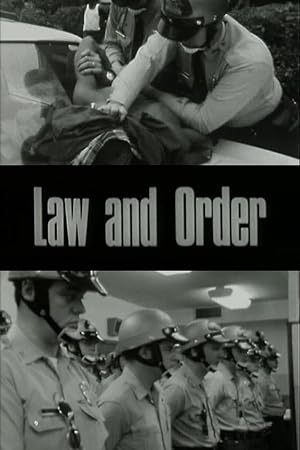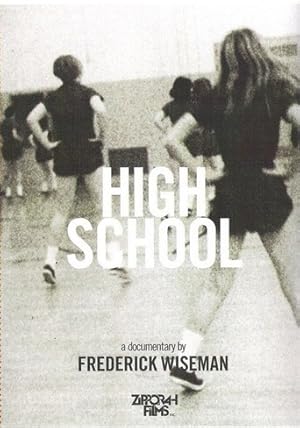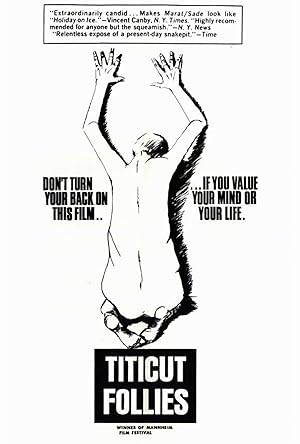Movies by Frederick Wiseman
Welcome to our dedicated selection of films directed by Frederick Wiseman. Here, you can explore a diverse range of works that highlight Frederick Wiseman’s unique vision, storytelling style, and contribution to the world of cinema. Whether you’re an avid fan or discovering Frederick wiseman’s filmography for the first time, this collection will guide you through critically acclaimed masterpieces, hidden gems, and influential titles that have shaped the director’s legacy.
Menus-Plaisirs, les Troisgros (2023)
0
Founded in 1930, Troisgros has held three Michelin stars for 55 years. The children of the fourth generation, Marie-Pierre and Michel's sons are continuing the family business: César runs the Michelin-starred restaurant, "Le Bois sans feuilles" ("The Leafless Wood"), and Léo is in charge of one of the other two Troisgros restaurants, "La Colline du colombier" ("The Dovecote Hill"). From the daily market to the cheese maturing cellars, via the vineyard, the cattle farm and the vegetable garden adjacent to the restaurant, Menus-Plaisirs is an intimate, sensory journey through the kitchens of one of the
City Hall (2020)
0
An epic look at Boston’s city government, covering racial justice, housing, climate action, and more.
Ex Libris: The New York Public Library (2017)
0
A documentary about how a dominant cultural and demographic institution both sustains their traditional activities and adapts to the digital revolution.
In Jackson Heights (2015)
0
Legendary documentary filmmaker Frederick Wiseman (At Berkeley, National Gallery) explores the culture, politics and daily life of the Queens, NYC district of Jackson Heights, which lays claim to being the most diverse neighbourhood in the world.
National Gallery (2014)
1
A portrait of the day-to-day operations of the National Gallery of London, that reveals the role of the employees and the experiences of the Gallery's visitors. The film portrays the role of the curators and conservators; the education, scientific, and conservation departments; and the audience of all kinds of people who come to experience it.
At Berkeley (2013)
0
Direct cinema pioneer Frederick Wiseman takes an in-depth look at the preeminent American university during a fall semester that saw a vigorous debate taking place over tuition hikes, budget cuts, and the future of higher education in the United States.
Crazy Horse (2011)
0
A cinéma vérité look inside Paris' Crazy Horse, a club that boasts the greatest and most chic nude dancing in the world.
Welfare (1975)
0
WELFARE shows the nature and complexity of the welfare system in sequences illustrating the staggering diversity of problems that constitute welfare: housing, unemployment, divorce, medical and psychiatric problems, abandoned and abused children, and the elderly. These issues are presented in a context where welfare workers as well as clients struggle to cope with and interpret the laws and regulations that govern their work and life.
Juvenile Court (1973)
0
JUVENILE COURT shows the complex variety of cases before the Memphis Juvenile Court: foster home placement, drug abuse, armed robbery, child abuse, and sexual offenses. The sequences illustrate such issues as community protection vs. the desire for rehabilitation, the range and the limits of the choices available to the court, the psychology of the offender, and the constitutional and procedural questions involved in administering a juvenile court.
Essene (1972)
0
Essene is about daily life in a Benedictine monastery and the resolution of conflict between personal needs and the institutional and organizational priorities of the community. In the Order, where the focus of life is the relationship of individual work and worship to the community as a whole, the brethren must cope with the same issues that arise in any community: rules, work, worship, values, love, and play.
Basic Training (1971)
0
Shot during the summer of 1970 at Fort Knox, Kentucky, Frederick Wiseman’s film Basic Training focuses on a group of men going through infantry training, showing how they are turned from civilians into soldiers. As well as being a unique portrait of the US army at work, the film is also a fascinating snapshot of a time and place at a defining moment in American history.
Hospital (1970)
0
Daily activities of the Metropolitan Hospital in New York City, with emphasis on the emergency ward and outpatient clinics. The cases depicted illustrate how medical expertise, availability of resources, organizational considerations and the nature of communication among the staff and patients affect the delivery of health care.
Law and Order (1969)
0
LAW & ORDER surveys the wide range of work the police are asked to perform: enforcing the law, maintaining order, and providing general social services. The incidents shown illustrate how training, community expectations, socio-economic status of the subject, the threat of violence, and discretion affect police behavior.
High School (1969)
0
Documentary filmmaker Frederick Wiseman takes us inside Northeast High School as a fly on the wall to observe the teachers and how they interact with the students.
Titicut Follies (1967)
0
A stark and graphic portrayal of the conditions that existed at the State Prison for the Criminally Insane at Bridgewater, Massachusetts, and documents the various ways the inmates are treated by the guards, social workers, and psychiatrists.

